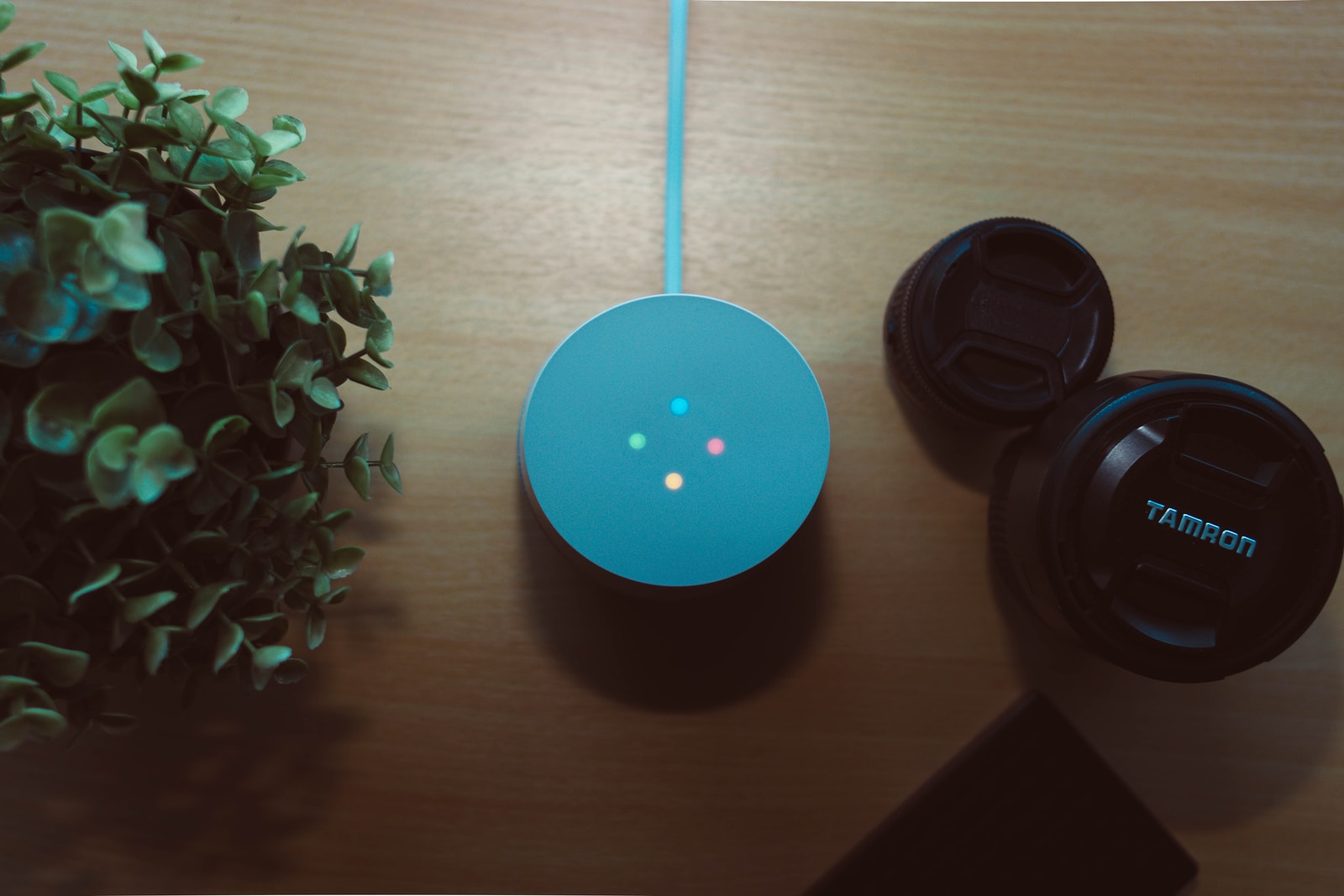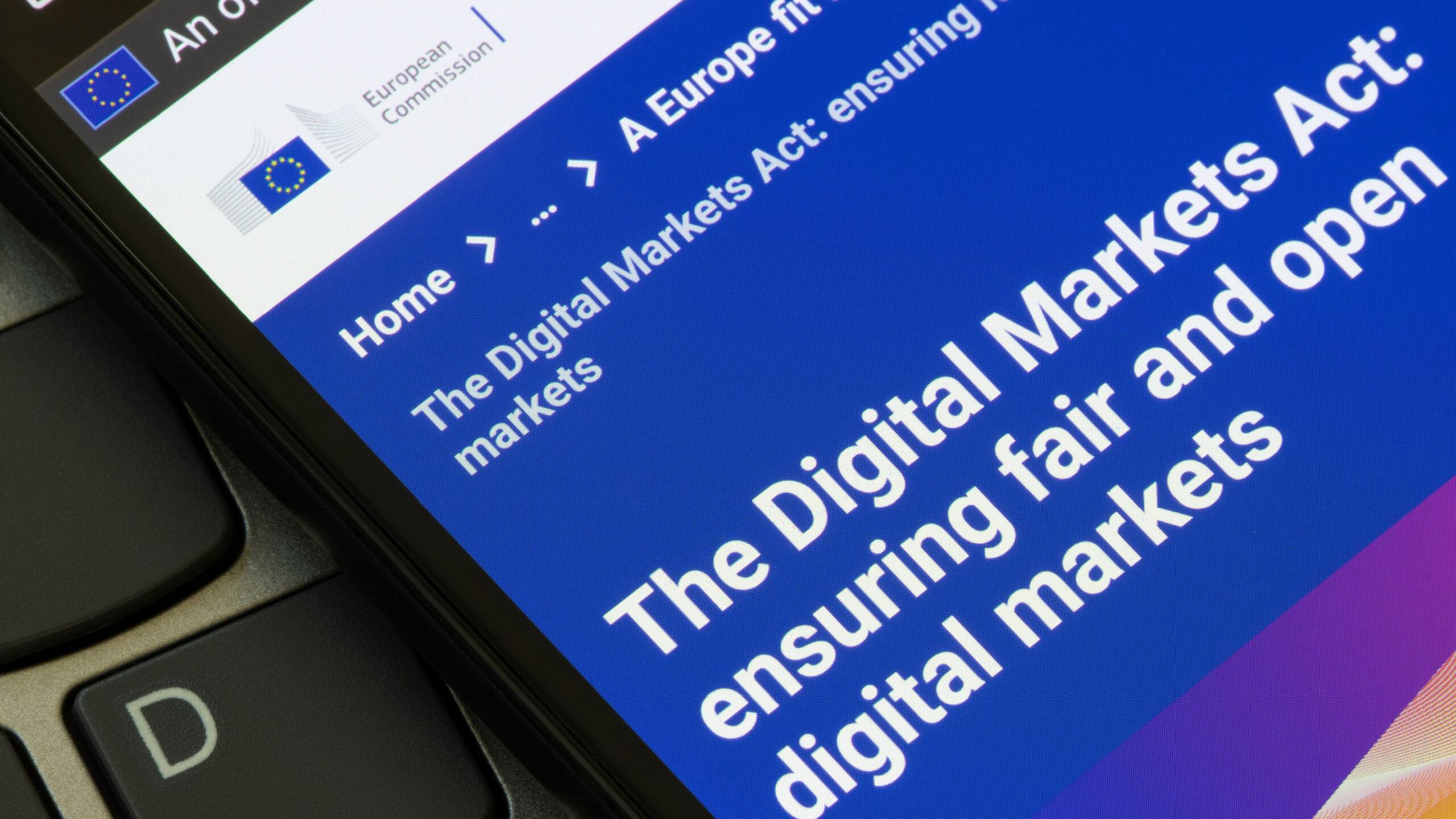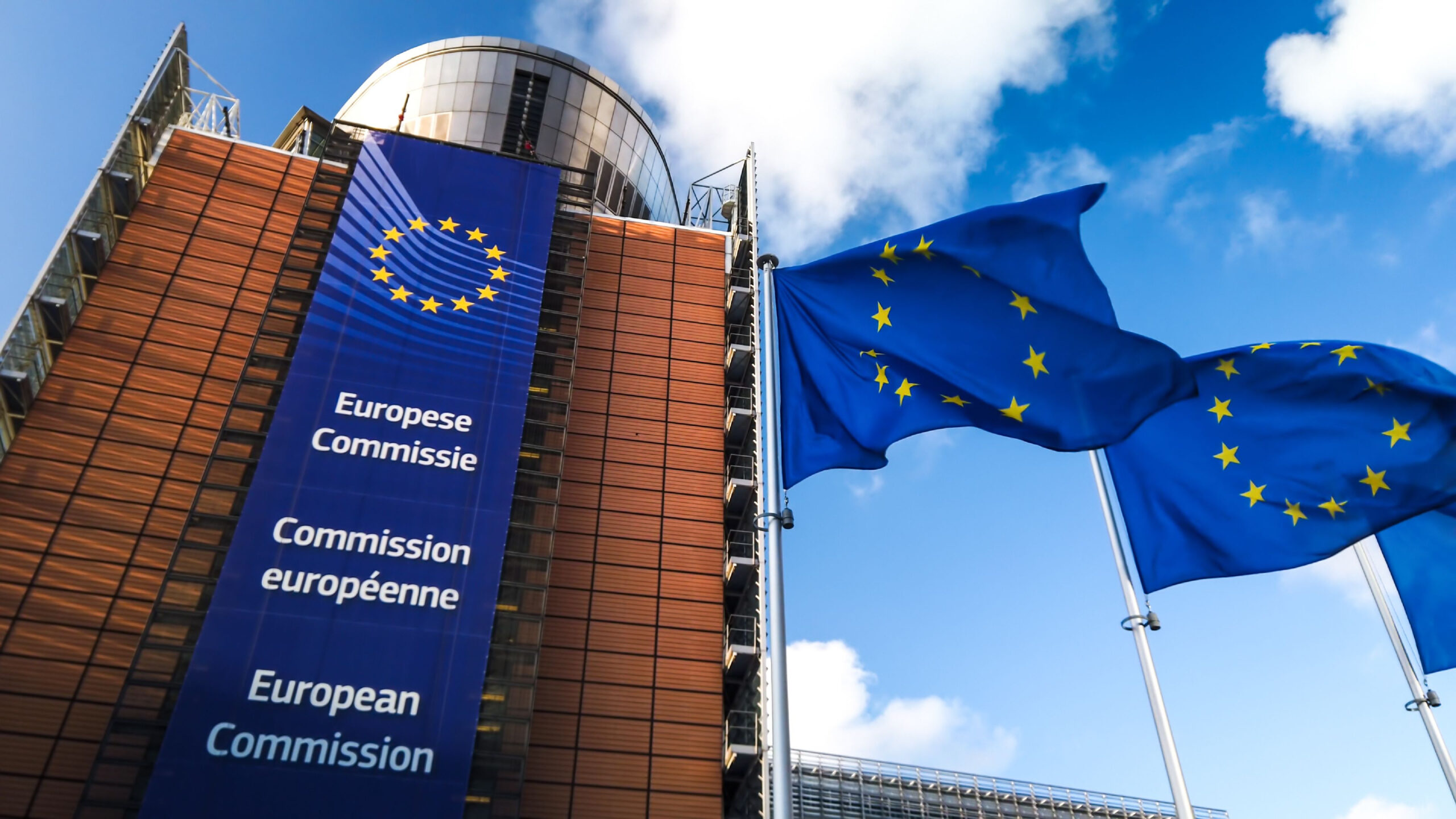The EU IoT Sector Inquiry and the DMA Contradiction

As the legislative process for the Digital Markets Act (DMA) nears its conclusion, policy makers are rushing to expand its scope and include sectors and rules that weren’t even considered in the European Commission’s original proposal or the initial impact assessment. A good example of this is the recent effort to include Internet of Things (IoT) devices in the DMA which puts a large question mark on the future of this burgeoning sector in Europe.
In January, the Commission published its Final Report concluding its sector inquiry in record time. The report found that quality, cybersecurity, user friendliness and brand reputation are among the defining characteristics that drive competition in this sector. This shouldn’t come as a surprise.
Consumers want to use technology that is intuitive, straightforward, accessible and easy to use. That’s part of why integrated ecosystems have become so popular. Consumers like it when a restaurant reservation made through a voice assistant can update a calendar automatically. As Apple founder Steve Jobs often stated, consumers want to know that ‘it just works, seamlessly’. However, this seamless integration, security and user friendliness, is at risk with the DMA.
The DMA mandates that companies designated as gatekeepers open up their technology and services to rivals, in order to make markets more “contestable”. But the degree of interoperability and openness required would harm the ability of companies to offer seamlessly integrated high quality products. It could potentially mean some integrated products and services become unavailable in Europe. It would be rather odd to recognise how important quality and user friendliness are for users of IoT devices, but then prohibit under the DMA the very integrations that make this possible.
At the same time, the DMA’s rules, requiring that gatekeepers open up technology and infrastructure to rival services, would create new attack surfaces, and expose users to cybersecurity risks. But security and safety are one of the drivers of competition in the IoT sector. Including IoT devices under the DMA’s scope would directly impact the designated gatekeepers’ ability to keep customers safe.
The Final Report itself notes the rapid growth of the IoT sector in Europe; it is still in its infancy and there are several large firms competing vigorously with innovation, quality, security, and user friendliness. It would contradict the very findings of the IoT sector inquiry to impose new regulatory rules that could break the features that users enjoy.
IoT consumers do not want innovative products and services removed from the European market while they see others around the world benefit from new innovations, diversity, and choice. Lawmakers finalising the DMA text would be wise to heed the findings of the IoT sector inquiry, and let companies continue to serve customers with seamlessly integrated, safe, and secure IoT products and services.








